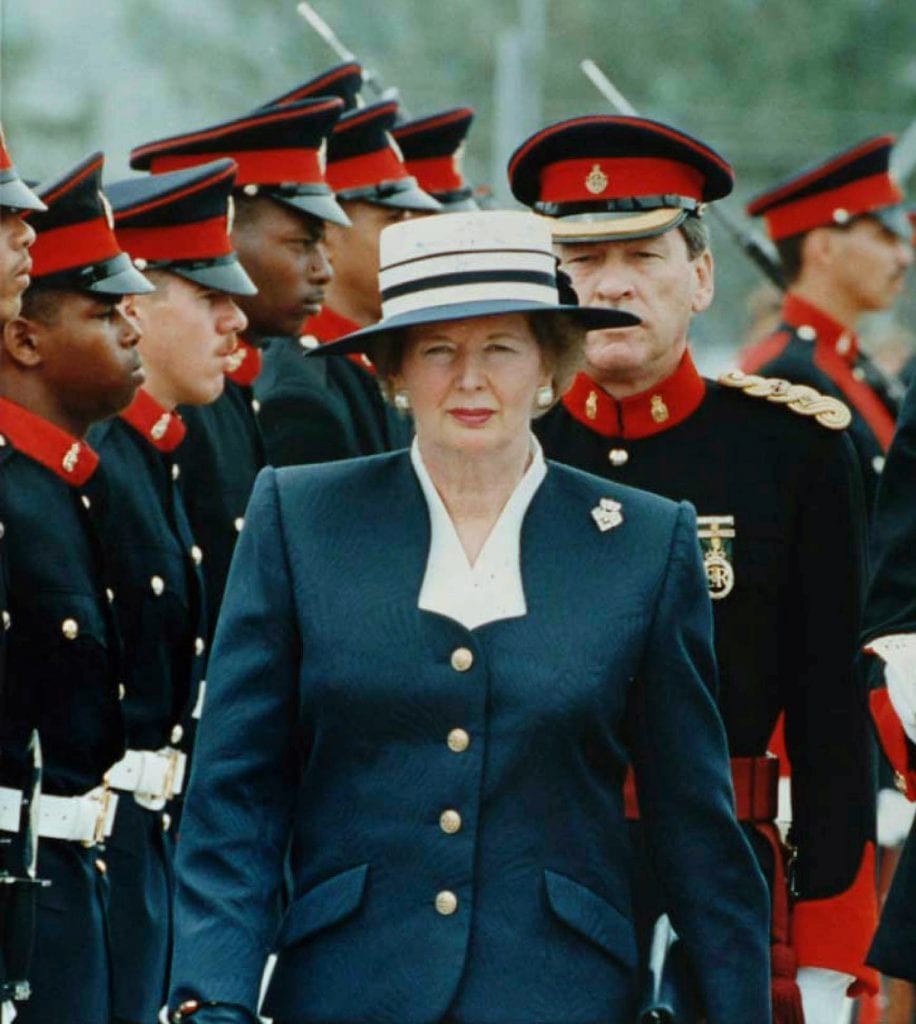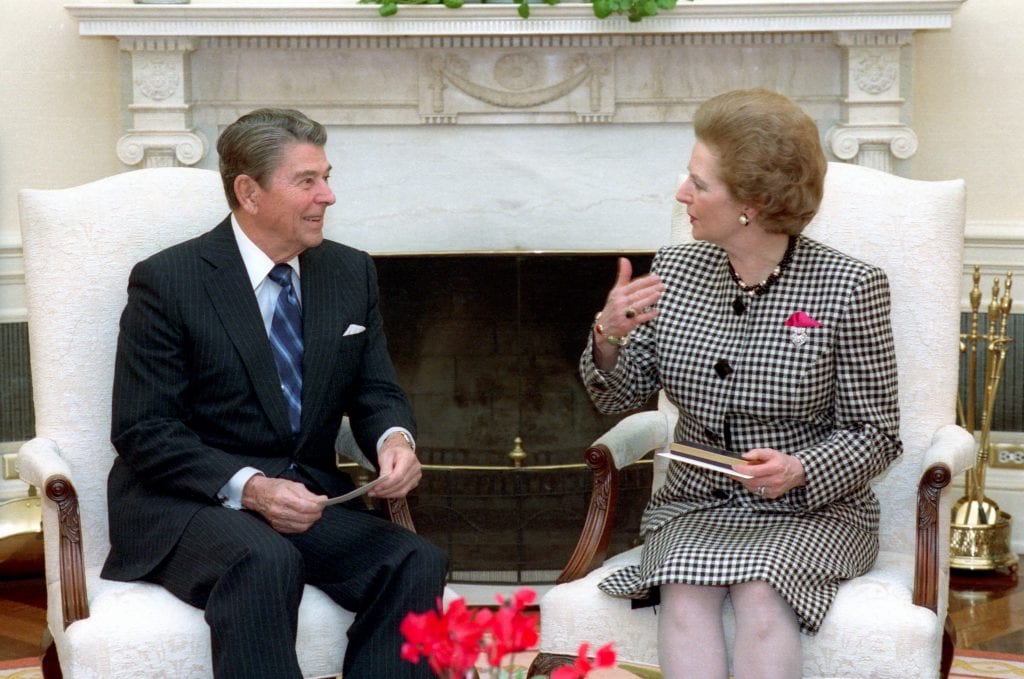On September 20, 1988, Margaret Thatcher gave a speech in Bruges, Belgium, that was a warning and an important lesson, especially today when the European Union has begun to discuss the future of Europe as if it were a new concept that no one had ever looked at before. Utopia will never come, because we know that we should not like it if it did - warned the British Prime Minister 33 years ago. Instead of utopia, we need cooperation as free with free, equal with equal.
The European Community belongs to all its members, Britain's prime minister said at the College of Europe.
It must reflect the traditions and aspirations of all its members. (...) The attempt to suppress nationality and concentrate power at the center of the European conglomerate would be highly damaging and threaten the goals we seek
Europe will be stronger precisely because it has France as France, Spain as Spain, Britain as Britain, each with its own customs, traditions and identity. It would be folly to try to fit them into some identity of European personality. Some of the founding fathers of the Commonwealth thought that the United States of America could be a model for it. But the whole history of America is very different from Europe.
In the European Union today, however, there is talk of a two-speed Europe, of division rather than cooperation, of better and worse values, of who deserves membership of the structures and who does not. Today Poland and Central Europe are heirs to the words of the British Prime Minister, because the governments of the countries in our region emphasize the right to pursue their own policies in accordance with the values of their national communities, to make sovereign decisions about their own politics, to be Christians, Poles, Slovaks, Czechs, Hungarians and Lithuanians and not utopian Europeans, whose attempt to create an identity Margaret Thatcher called madness, but which is now being presented as the inevitable future of Europe. The British prime minister's message was already current in our region in the sixteenth century and close to the Jagiellonian domain from the time of the Union of Lublin, "equal with equal, free with free". Europe will be stronger precisely because it has Poland, as Poland. It is hard not to agree that It would be madness to try to fit it into some sort of European personality identity. Community is not an end in itself. Nor is it an institutional tool that can be continually modified according to the dictates of some abstract intellectual concept."
With these words, we should warn those who seek to make the European Union a federation that sets the moral law for its member states.
Margaret Thatcher in Bruges also called it ironic that Western countries, aware of the dangers of the centralization of power in the then still existing Soviet Union, were ideologically moving in the same direction. She urged that the role that NATO had played for peace in Europe for a decade should not be called into question.
She stressed the importance of not forgetting about the neighbors of our community. Today it is us, the representatives of Central and Eastern European countries, members of the European Union, who remind in the Sejm, during parliamentary conferences, meetings of foreign affairs commissions, multilateral and bilateral meetings that there is a war going on behind our eastern border, that Belarusian society wants freedom, and that the countries to the east and south of the EU borders want to join the European community. Europe does not end with the European Union, neither geographically nor culturally, and we try to look at Kiev, Tbilisi, Minsk, Belgrade and Skopje as Margaret Thatcher looked at Warsaw, Prague and Budapest separated from the community.
In 2016, at the Conference of Speakers of the European Union Parliaments in Luxembourg, I proposed a declaration of a "Europe of States in Solidarity," stressing the need to renew the European Union, but not in the direction of building a European federal state. This will not solve the most important problems on the continent. The European Union needs changes, but these can only be made as a result of an open debate among individual countries and European institutions, among all Member States - on the basis of equality and consensus. The EU must be closer to the citizens, but only national parliaments can ensure this.
Mk




